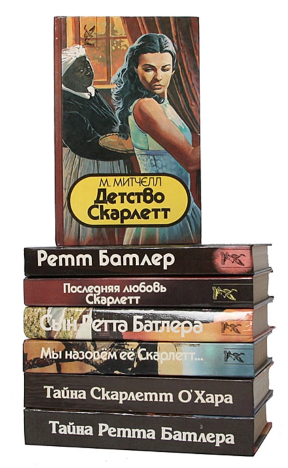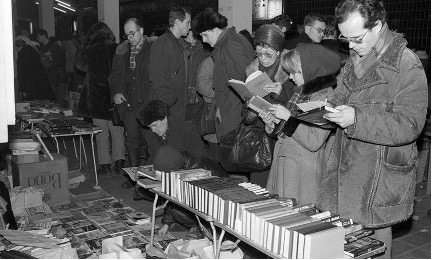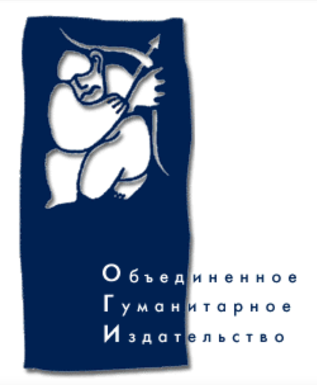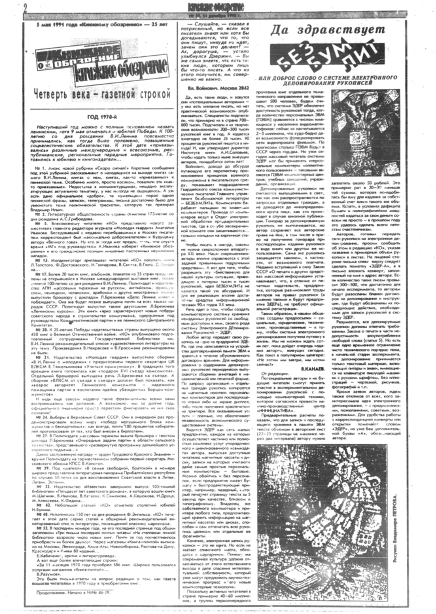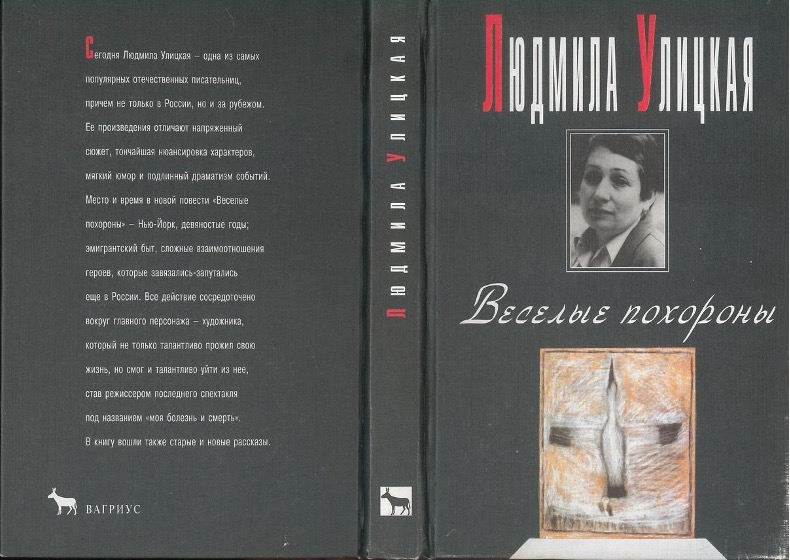Explore: media » literature
"Gone with the Wind"—The post-Soviet Sequels
A series of five collectively authored sequels to Margaret Mitchell's bestselling “Gone with the Wind” (1936). Writing in Minsk, Belarus, the anonymous authors published under the pseudonym Dzhuliia Khilpatrik (“Julia Hillpatrick”) and released titles like “We'll Call Her Scarlett,” “Rhett Butler's Son,” and “Scarlett's Last Love”
Olympic Stadium Book Market
The center of the post-Soviet book trade established itself in the corridors of the enormous stadium built for the 1980s summer Olympic Games in Moscow. It was chaotic, even dangerous, but also presented an embarrassment of literary riches.
Project O.G.I.
A literary club founded by the United Humanitarian Publishers (OGI) in 1998 in the apartment of journalist and music critic Dmitrii Olshansky (1978-), Proekt OGI represented one of the more successful attempts to reclaim the late-Soviet underground in the new, post-Soviet, capitalist world.
Long Live PaperLessLit
Soviet paper shortages, new computer technologies, and the lifting of censorship come together in an unexpected way in this proposal to preserve manuscripts of unpublished authors for posterity.
“Dictatorship of Conscience”
A glasnost-era play by Mikhail Shatrov (1932-2010) that opened, without the cuts censors had previously requested, at the Lenin Komsomol Theater in Moscow in February 1986.
The Black Series from Vagrius
The book series “Contemporary Russian Prose” or the “Black Series,” published by Vagrius—one of post-Soviet Russia’s most successful commercial publishers—made bestsellers out of literary prose.
